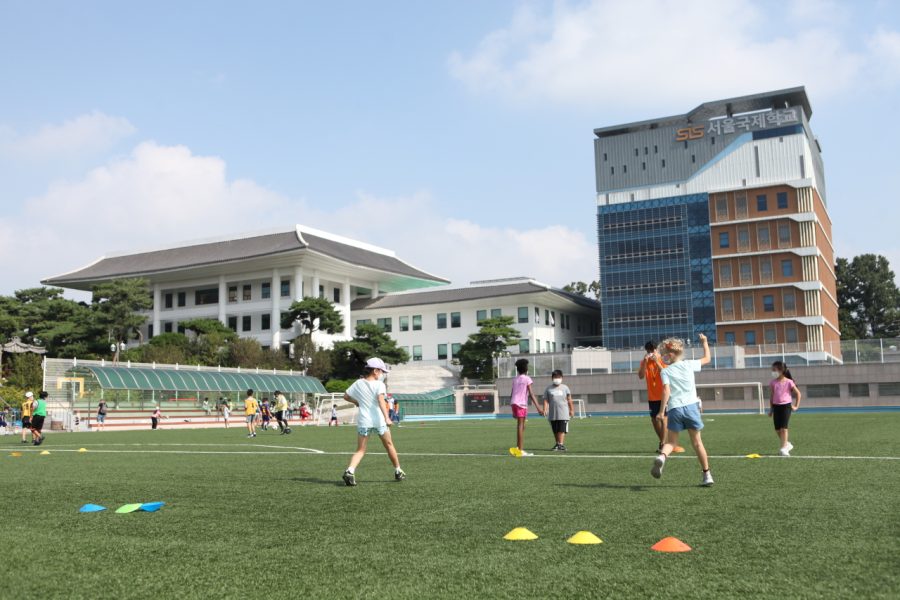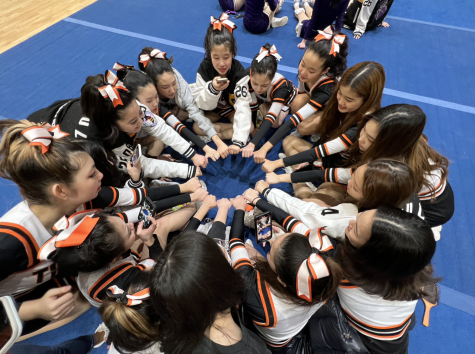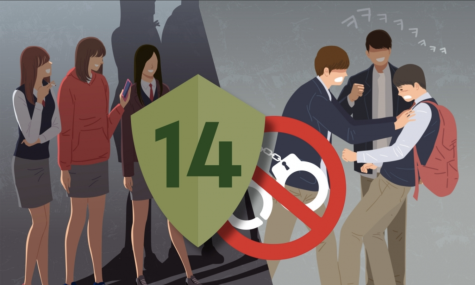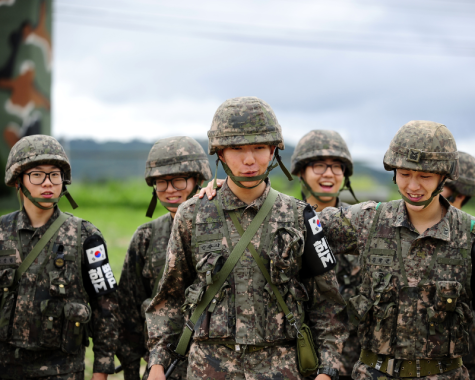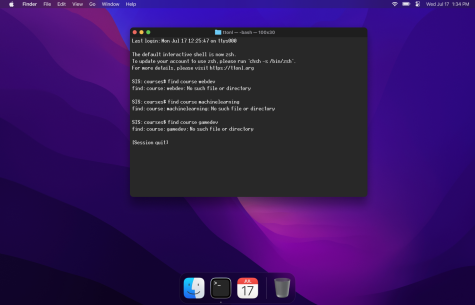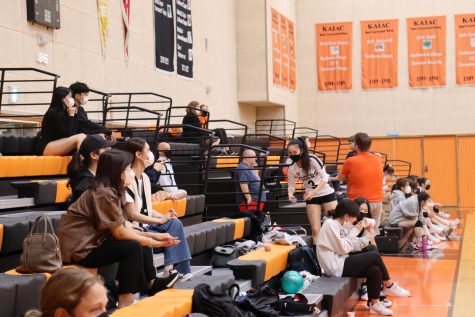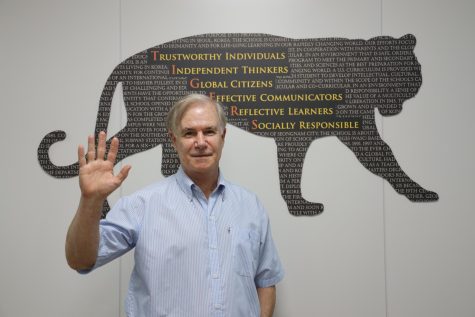Putting international back in international school
For an international school, our school lacks a representative diverse student body. With a significant majority of our students being ethnically Korean, our school suffers from a homogenous cultural and racial identity. This creates a school culture that often ostracizes non-Korean students and inadequately prepares our students for the diverse atmosphere they will encounter after graduating.
Our student body is not very diverse; however, a small portion of non-ethnic Koreans exist. The successful social integration of these students is essential for fulfilling the school’s international ethos and ensuring an inviting environment in our school.
The pervasive use of Korean at SIS often poses a barrier for non-Korean students. When walking through our school halls, you will often hear Korean phrases sprinkled into English conversations. During sports, teammates will often give instructions to each other in Korean. Even during classes, some students will use Korean to prevent teachers from overhearing their conversations. This language barrier often makes it difficult for students who don’t speak Korean to socialize and integrate into the SIS community.
As an international school, our school should expect a portion of our students to not speak Korean as English is the primary language during instruction. However, due to the cultural homogeneity that has persisted among our student body, students find it comfortable and acceptable to converse in Korean regularly during school hours. This creates a semi-regular Korean-speaking community that is unappealing and restrictive towards prospective students who don’t speak Korean.
This is a problem that has an easy fix. Students are not compelled to speak Korean so frequently during school hours. In fact, most if not all students can just as easily converse fluently in English. If students make a conscious effort to stick to English during school, they can be more open and more considerate towards those unable to speak Korean.
Making the transition will also have a much larger impact once students go to university. Becoming more accustomed to speaking English full-time will make it easier for students to socialize with foreigners and foster a more tolerant and welcoming social environment. However, it will take more than just that to adapt to a diverse community. Students must also shed themselves on the cultural insensitivity–such as the use of racial slurs–that has festered through cultural homogeneity.
Overall, students should not forgo speaking Korean altogether. Rather, they should strive to minimize their use to be more considerate of their peers. The G in our school’s TIGERS values stands for “global citizens.” In order for our school to meet this ethos, students must make an effort to accommodate those who do not speak Korean and acknowledge that our student body is not as monolithic as it seems.
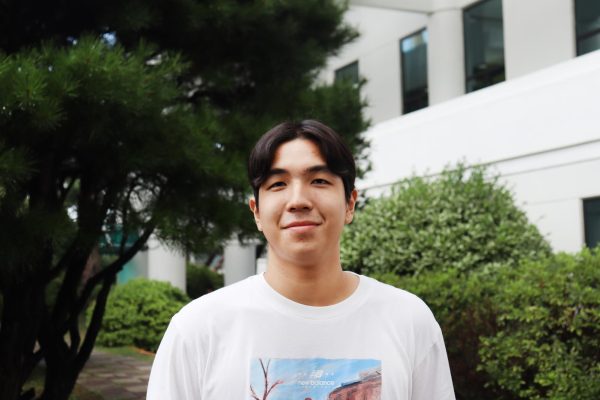
Brandon is the senior executive copy editor for Tiger Times. He enjoys playing basketball, watching good TV shows and movies, and listening to music. He...

